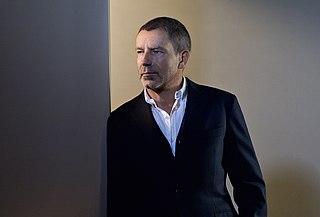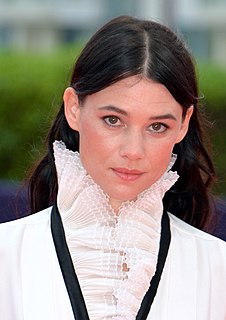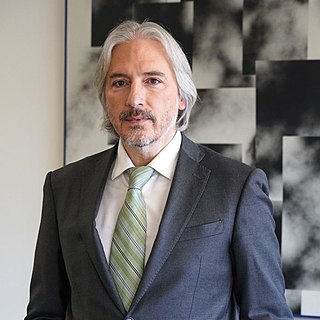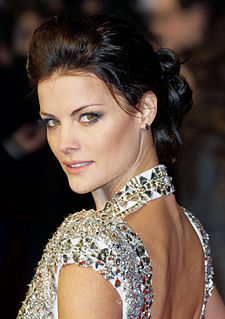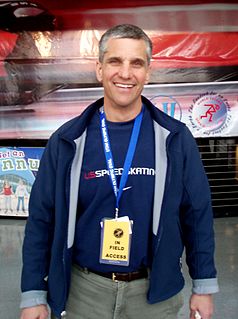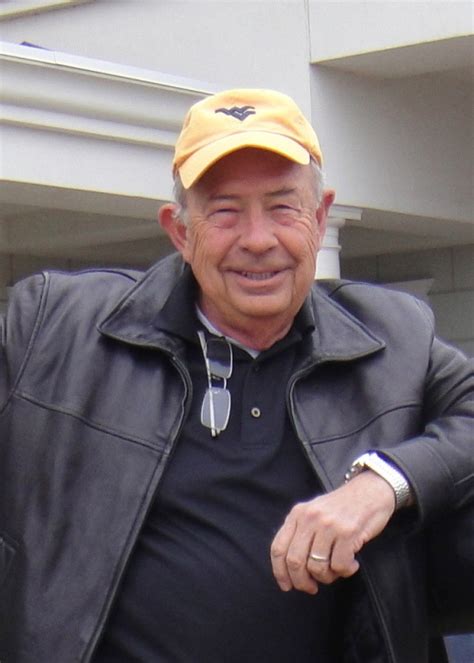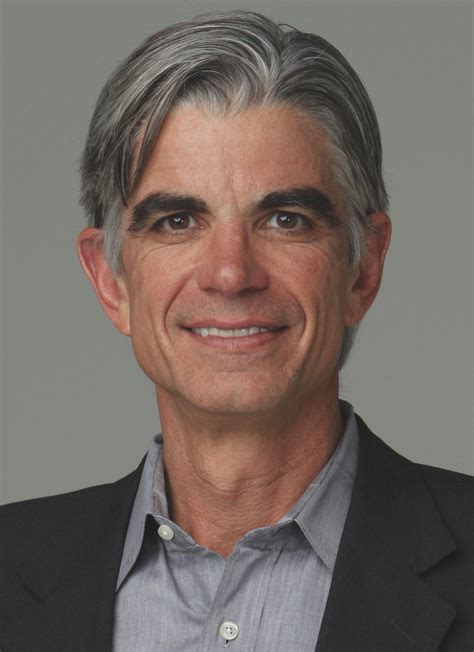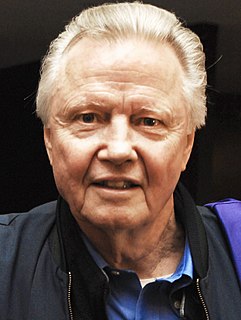A Quote by Marc Randolph
It used to be true that to succeed in the creative class, you had to move immediately to where the action was. It was how you made connections, how you got auditions, how you found an audience and funding and some attention for your craft. But not anymore.
Related Quotes
If an audience finds themselves paying attention to how you made your film, you're sunk because that means they're unplugged from your story. What matters is what's unfolding on the screen, not how you put it there. It doesn't matter if it's red triangles or million dollar software if the audience doesn't care.
The true bodhisattva spirit grows out of this personal sense of freedom. You discover that you don't feel so needy anymore. You don't crave another refueling - with shamatha or with other people's love and attention - because you know within yourself how to be free, how to be confident. With this sense of security and freedom, you begin to direct your attention to the needs of others. The compassion expands.
It's the ultimate for me not to see how it's made. I find it vulgar when you can distinguish how something is made. I used to be a student at the Chambre Syndicale de la Haute Couture in Paris, and once I got to go to a Saint Laurent couture show. Everyone was always talking about how fabulous the tailoring was, but I was transfixed by this one particular dress. It was just a piece of fabric, but as the model was walking, you didn't know how she got into it, how it closed, where the seams were, and that, for me, was perfection. It stayed with me as a lifelong vision.





